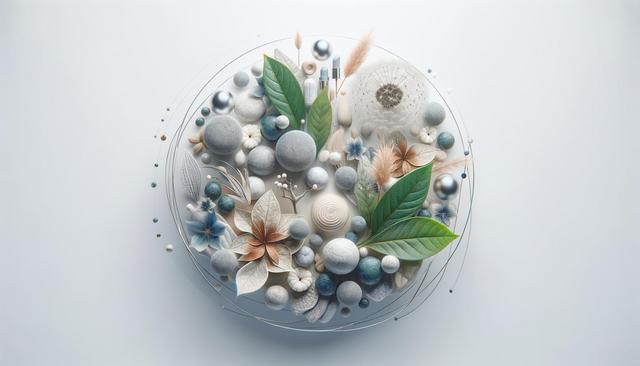Understanding the Aging Process
Aging is a natural biological process that affects every cell in the body. Over time, the body’s ability to regenerate and repair tissues declines, leading to visible and functional changes in the skin, muscles, and internal systems. This process is influenced by both intrinsic factors, such as genetics and cellular metabolism, and extrinsic factors like sun exposure, pollution, and lifestyle choices. Recognizing the mechanisms behind aging is the first step to developing a sustainable anti-aging strategy.
There are several visible signs of aging, including:
- Fine lines and wrinkles
- Loss of skin elasticity and firmness
- Thinning hair
- Reduced bone density
- Slower metabolism
These changes can be influenced or slowed down by targeted interventions. While aging cannot be stopped, understanding how it works allows individuals to make informed decisions that support healthier aging.
Nutrition and Its Role in Anti-Aging
What you eat significantly affects how you age. A nutrient-dense diet supports cellular health, reduces inflammation, and provides antioxidants that help combat oxidative stress—one of the major contributors to visible aging. Incorporating specific foods and nutrients can have a noticeable impact on skin health, energy levels, and overall vitality.
Key dietary components that support anti-aging include:
- Antioxidants found in berries, dark leafy greens, and nuts
- Omega-3 fatty acids from sources like flaxseeds and fatty fish
- Collagen-boosting foods such as citrus fruits and bone broth
- Hydrating foods like cucumbers and watermelon
In addition to whole foods, many people explore supplements to address specific aging concerns. However, any supplement regimen should be discussed with a healthcare provider to ensure safety and efficacy. Staying hydrated and minimizing processed foods and sugars are also essential habits for maintaining youthful function and appearance.
Skincare Strategies for Healthy Aging
Skincare plays a central role in anti-aging, particularly in managing visible signs such as wrinkles, hyperpigmentation, and dryness. A consistent skincare routine that incorporates ingredients known to support skin renewal can make a measurable difference in skin texture and tone over time.
Effective skincare practices include:
- Daily use of sunscreen to protect against UV-induced damage
- Gentle cleansing to avoid stripping natural oils
- Use of moisturizers with hyaluronic acid or ceramides
- Incorporation of retinoids and peptides for collagen support
Additionally, treatments such as exfoliation and facial massages can enhance circulation and promote cell turnover. It’s important to choose products suitable for your skin type and adjust routines as skin needs change with age. Consulting a dermatologist can help tailor an approach that aligns with individual skin goals.
Lifestyle Habits That Influence Aging
Beyond skincare and nutrition, daily habits play a crucial role in how quickly or gracefully one ages. Lifestyle factors like sleep, stress, exercise, and exposure to environmental toxins all influence the rate of physical and cognitive aging.
Positive lifestyle practices that support anti-aging include:
- Getting 7–9 hours of quality sleep each night
- Engaging in regular physical activity, such as walking or strength training
- Practicing stress-reducing activities like meditation or yoga
- Avoiding smoking and limiting alcohol consumption
Habits like these not only benefit physical appearance but also support cardiovascular health, brain function, and emotional well-being. Balancing work and rest, cultivating social connections, and maintaining mental stimulation are also essential for long-term vitality.
Scientific Advancements and Anti-Aging Therapies
Modern science continues to explore innovative approaches to slow down the aging process. From regenerative medicine to targeted skincare technologies, research is uncovering new ways to support longevity and maintain youthful function longer.
Some emerging areas in anti-aging research include:
- Cellular therapies focused on regenerating or rejuvenating aging tissues
- Senolytics, which aim to eliminate aging cells that contribute to inflammation
- Advanced skincare formulas using biotechnology and stem cell extract derivatives
- Wearable tech that tracks biological markers for personalized health insights
While many of these therapies are still in clinical stages or require further validation, they represent promising directions in the pursuit of healthier aging. It’s important to approach these innovations with a critical eye and consult professionals before committing to any advanced treatment or product.




Leave a Reply